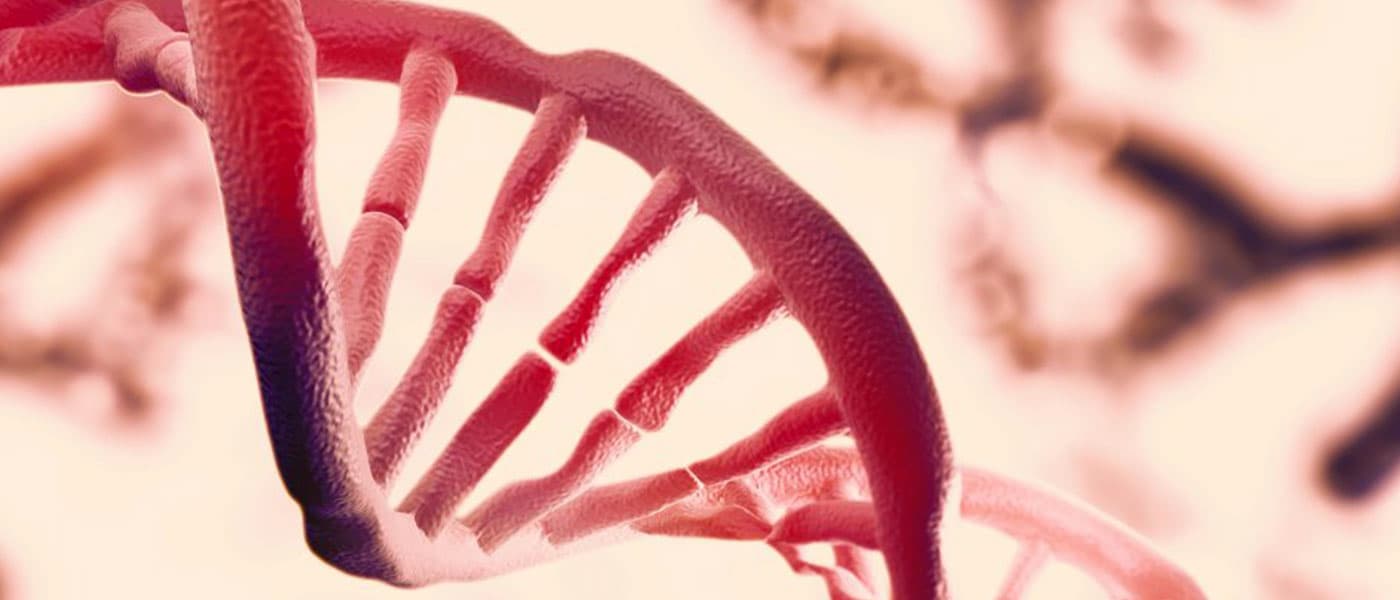Embedded in our DNA
A new study published in the journal Molecular Psychiatry shows that DNA alone could predict the academic achievement of an individual. It shows that a genetic score made up of 20,000 different DNA can explain almost 10 percent of the differences between the educational attainment at the age of 16. DNA therefore is much better at predicting this than gender or a personality trait.
The results makes it relatively easier to identify children with greater risks of having learning difficulties.
Previous studies on twins found that 60 percent of the differences between individuals' educational achievements are due to differences in DNA. But the twin study is much more in depth, where it can give the overall genetic effect on a trait in a population, while this study used polygenic scores, which only estimates the genetic influence from common variance, and it is this that explains the discrepancy between these DNA-based studies and twin studies (10 per cent vs 60 per cent).
Polygenic Score
The study is based on a genome-wide association study (GWAS) that examined almost 10 million single nucleotide polymorphisms (SNPs) and they identified 74 genetic variants that has significant associations with years of completed education.
The researchers evaluated the academic achievement in Mathematics and English of 5,825 unrelated children aged 7, 12, and 16 from the Twins Early Development Study (TEDS). They found out that those with a higher polygenic score would get a grade between A and B and those with lower scores get an entire grade below in terms of GCSE at the age of 16.
"We believe that, very soon, polygenic scores will be used to identify individuals who are at greater risk of having learning difficulties," said Saskia Selzam, first author from the Social, Genetic and Developmental Psychiatry (SGDP) Center at King's College London.
Share This Article
